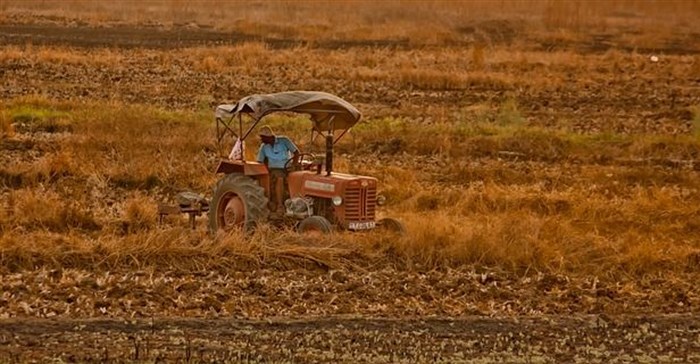
The 2017 Africa Competitiveness Report notes that growth in several African countries has been slow and that this is due to a protracted period of low commodity prices as well as reduced growth from emerging markets such as China and advanced economies. This situation has, however, compelled the continent to look into reforms and economic diversification to re-awaken optimism about Africa’s growth prospects.
...the population from which agriculture will draw the next several generations of employees will be under 30 years old...
Also, Africa’s young and increasing population presents an extraordinary opportunity to stimulate rapid growth. A growing labour force and a large emerging consumer market are important for growth opportunities on the continent. The report further states that the working-age population across Africa is expected to rise by 450 million people by 2035.
In order to address this increase in the working-age population, African countries will have to find ways to expand aggregate demand for labour and improve supply-side factors at the same time. However, policies aimed at increasing labour demand will be successful only if the supply of skills is adequately addressed.
In South Africa, as on the rest of the continent, the population from which agriculture will draw the next several generations of employees will be under 30 years old. It is, therefore, important that the youth of today and tomorrow own the skills they need to build a competitive and resilient agriculture sector. According to the Africa Competitiveness Report most of the new jobs in Africa will come from agriculture and micro enterprises, and therefore improving the business environment in these sectors is very important.
At present, more than a third of these young people under 30 are neither employed nor in any institution of education and training. There is, therefore, an urgent need for agriculture to proactively address the skills shortage and help build capacity to serve the aspirations of the sector and of the country’s economy.
In 2014 already, in a Masters thesis, Jandre Janse van Rensburg supports the narrative with an argument stating that unemployment numbers are excessively high and that economic development is already being hampered as a result, making the issue of human development a valid concern. Development in terms of global competitiveness is also important for purposes of establishing sustainable growth in the South African economy.
According to Nico Groenewald, the head of Agribusiness at Standard Bank, agriculture has a vital role to play in growing African economies but this, he adds, can only be fully achieved through skilled human capital. Groenewald further stressed the importance of taking skills development beyond farms and agribusinesses. “We need policy makers, law makers, technology specialists, tax specialists and economists who understand agriculture in depth,” he said.
As with any other sector, agriculture’s strength lies in its human resources.
As with any other sector, agriculture’s strength lies in its human resources. It is therefore important to invest in building the capacity of the sector’s human resources.
As part of our contribution to skills development in the sector, Standard Bank South Africa has been publishing a textbook on finance and farm management since 1981. The book, which is based on both concept and theory, is supported by relevant, up-to-date examples and case studies. It is used by major tertiary institutions in South Africa and is a valuable, practical guide for farm business owners. The Bank also offers graduate development programmes to help build future leaders and specialists in the agriculture sector. These programmes enable young graduates to gain valuable skills and experience so that they can help move our agriculture forward.
Skills development in agriculture should be seen more as an investment to serve the strategic aspirations of the sector. We need to develop a deliberate strategy to address skills development so that we can maximize the value added to the sector as well the transfer of skills to coming generations.